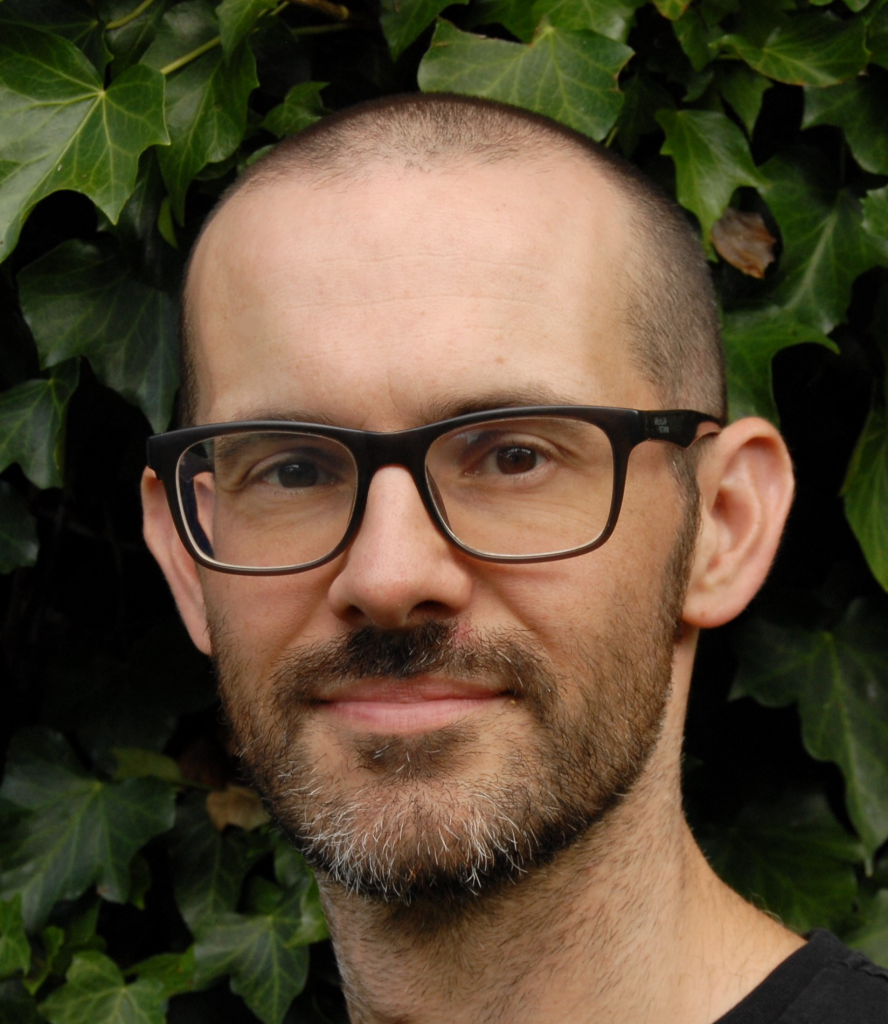Philanthropy can look very simple – a case of deciding who to give some money to. However, one or two steps into the journey the complexity reveals itself.
There is an overwhelming array of options to choose between and different approaches to take.
Each decision involves difficult choices: is it better to respond to a crisis or tackle the root causes of a problem?
How do you judge whether an intervention will be effective? Questions go beyond the practical to the fundamental: should you fund something which you think should be covered by taxes? Should your decisions be led by need rather than your own interests? This is where the thinkers can help.
There are researchers looking at topics including giving trends, donor motivation and measuring impact; think tanks and thought leaders are influencing policymakers and providing opinions and publishing books on what ‘better’ giving looks like.
One of these thinkers is Rhodri Davies. Rhodri has set up the new website and resource, Why Philanthropy Matters that pulls together his writing and podcasts. He is a Philanthropy Expert-in-residence with the Pears Foundation where he acts as a sounding board on philanthropy issues as well as a resource for the organisations funded by the Foundation. He is also a Research Fellow at the University of Kent’s Centre for Philanthropy, where he carries out research and helps teach on the Masters course in Philanthropic Studies. Rhodri describes his role as thinking and writing about philanthropy.
In this interview, he explains how this brings value to philanthropists themselves.

Rhodri Davies
Why Philanthropy Matters
Rhodri has written two books:
For Public Good by Private Means
How did you end up as a philanthropy thinker?
Rhodri:
I originally wanted to be an academic and started out in philosophy before realising I wanted my research to be focused in the real world. By a series of happy accidents, I ended up on a research project where I interviewed philanthropists. I got to find out what made them tick and found it fascinating.
I’ve gone further down that rabbit hole ever since.
Tell us more about the work you do?
Rhodri:
I sit between academic study and practice. I step back from practice to show how philanthropy fits into a broader context but I don’t step back so far that my thinking is not relevant to practitioners. Philanthropy can easily be seen as a niche topic that sits in a corner of the charity sector. My aim is to get conversations about philanthropy to a wider audience. By framing it in the right way people can see that it is relevant to what they do and are thinking about. Take for example the relationship between charity and justice. It can sound theoretical, but it plays out in everyday lives such as philanthropists funding the distribution of vaccines. People recognise giving to support vaccine distribution as a good thing but they are also uncomfortable that it is necessary for philanthropy to step in to do this when they think the state should provide vaccines.
How does your work help philanthropists?
Rhodri:
My work helps in three main ways:
1. Practical
Those getting on and doing philanthropy are busy and rarely have a chance to stop and think about what they do, where it comes from and how it touches on fundamental questions about the nature of humanity and what we want society to look like. On a practical basis, I can do some of the leg work and then share what is interesting.
2. Reassuring
It can feel a bit lonely as a donor or someone running a foundation. It is reassuring to know that not only are lots of people in the world right now going through the same things but also that historical figures have also grappled with the same challenges. I hope philanthropists take strength from knowing they are not alone.
3. Enriching
There is so much knowledge out there to draw on and most trends in philanthropy have a historical precedent. My hope is that my work enriches people’s understanding of philanthropy – it’s history, where it sits in current debates and where it might go in the future.
What do you find challenging?
Rhodri: When you recognise that philanthropy moves in cycles you realise that nothing is clear cut. I do have my own views on how philanthropy at its best should look and work, but I also don’t think my view is the final word because there are perfectly valid alternatives. It can be tricky to stay in the middle and try to be balanced and nuanced. And there are some issues such as climate change or racial justice where the challenges are even greater, because in attempting to be even-handed you risk giving legitimacy to points of view that many would see as actively distasteful. Wherever possible though, I want to hold that middle space which allows people who might not agree with each other to think through and discuss issues and work together, because ultimately, they share the same ambition of wanting philanthropy to do good in the world.